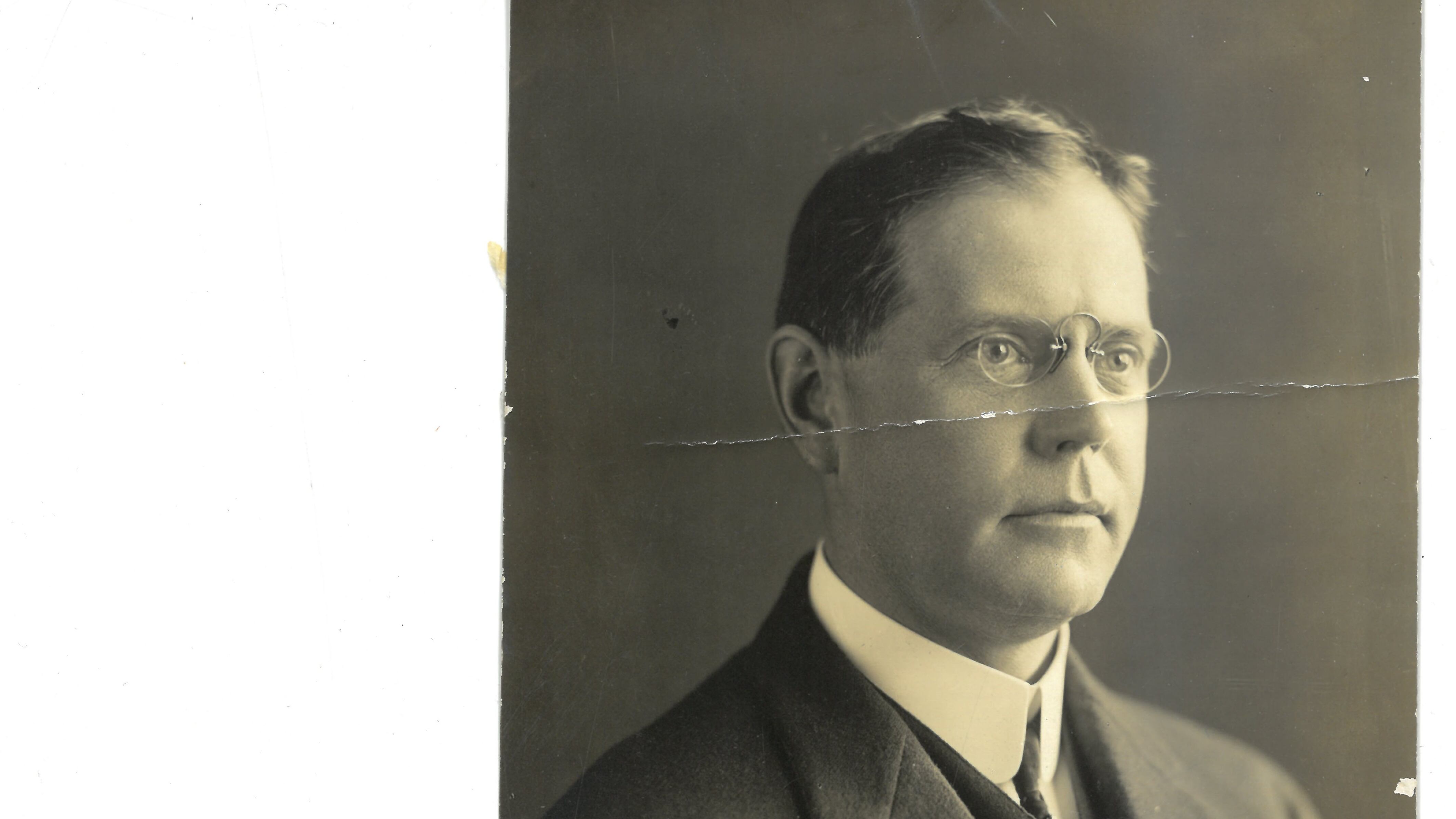Why does Portland’s charter not permit officials to remain in business and make a little outside income? Does the provision come “straight out of The Communist Manifesto,” as non-candidate Nik Blosser suggested? Or does it simply prevent the legal corruption so often seen elsewhere? —Unsure of Marxian Credentials
What Unsure refers to is the fact that, as reported in last week’s WW (“Quit Your Day Job,” May 29), Portland’s city charter bars the mayor and members of the City Council from holding other jobs or “positions of profit” while serving as elected officials. Blosser dropped out of contention rather than give up his day job as a partner at Sokol Blosser Winery, firing off the parting shot cited above as he did so.
Chalk up another one for charter reform! It’s just more untested, half-baked rules based on the latest woke claptrap from—wait, what? You say the prohibition on outside jobs isn’t new? It actually dates from Portland’s 1913 charter and is merely being continued in the new one? I knew that—it’s like I’ve always said: Never doubt the wisdom of our prophetic forebears.
That said, what IS up with this rule? Were our prophetic forebears a bunch of bomb-throwing Marxists who never met a businessman they didn’t hate? Probably some were, but that wasn’t the primary reason for the rule.
By 1913, the City Council had grown to 15 part-time members, representing 10 wards and five at-large seats and drawn largely from the city’s business establishment. This council appears to have been a somewhat corrupt, you-scratch-my-back-I’ll-scratch-yours old-boy network dead set against any change. Reformers thought that reducing their numbers and making them full-time public servants might increase government accountability.
A big part of this strategy was just making the councilors easier to find. Prior to 1913, city directories listed councilors at their private business addresses—where they could be as unavailable to the public as they liked. Under the new charter, however, each member was required to give his business address as City Hall—where, thanks to the “positions of profit” rule, he was expected to spend the bulk of his working day.
Though the May 1913 charter initially passed by just 292 votes, it would hold sway for 110 years, surviving at least five repeal attempts between 1950 and 2007 before finally being defeated in 2022. A bit hard to believe, then, that it’s really the thing causing all of Portland’s problems. But look on the bright side: At least we’re not blaming ourselves!
Questions? Send them to dr.know@wweek.com.

